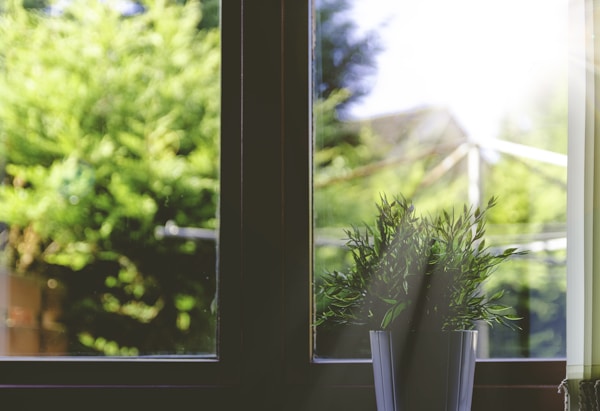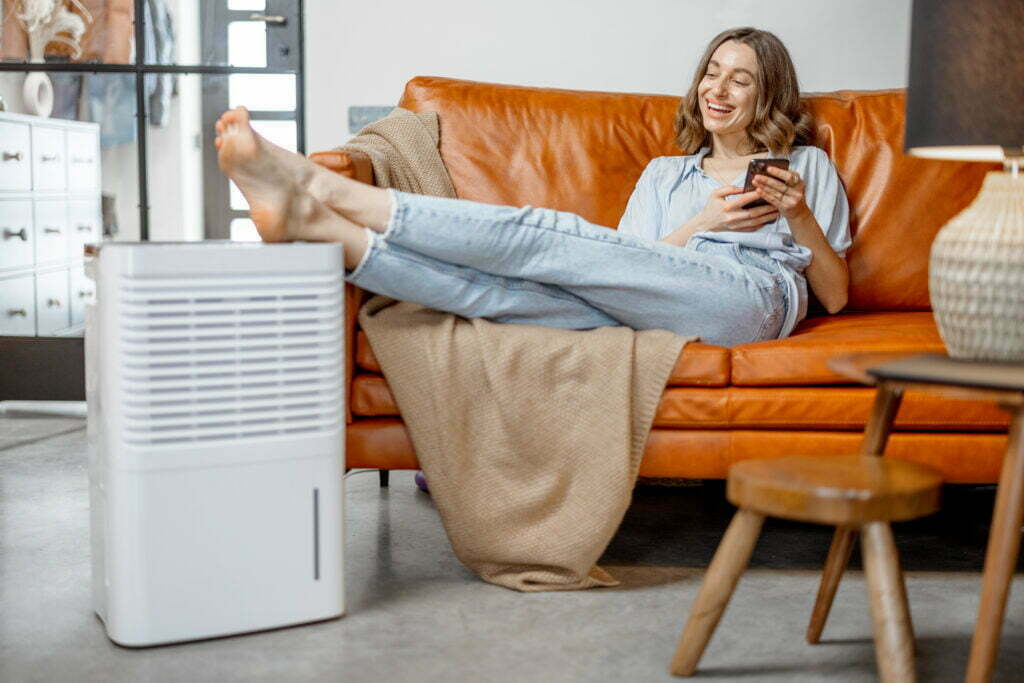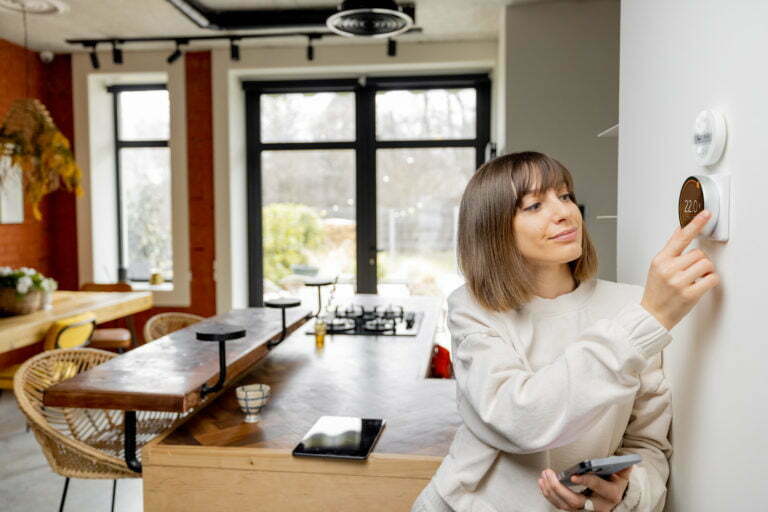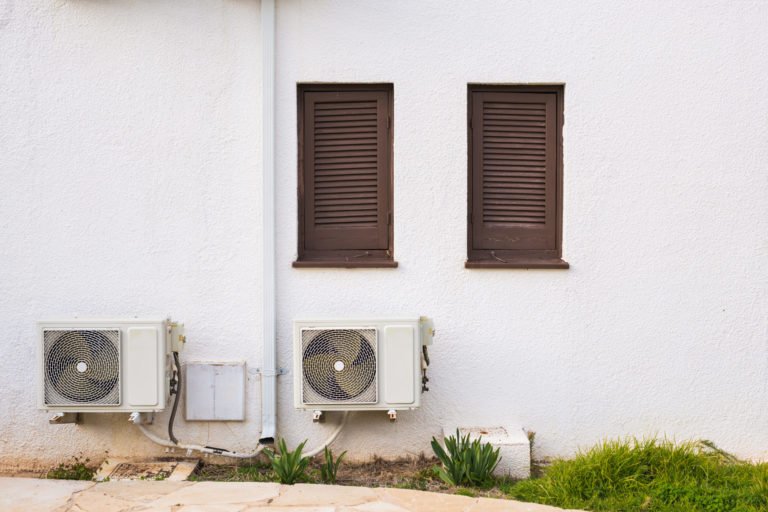Air quality is a measure of the environmental conditions in a specific location. These conditions can be affected by the number of pollutants in the air. Poor air quality can cause health problems for people who live or work in the area. The quality of the air we breathe is important. It helps us stay healthy and protects us from harmful pollutants. Air quality can be affected by many things, including the weather, traffic, and the types of industries in the area. Fortunately for homeowners, there’s actually a lot you can do to improve the indoor air quality in your home. If you want to learn more, keep reading for some tips on improving indoor air quality.
What are some tips for improving indoor air quality?

There’s no getting around it—vacuuming and cleaning are two of the best things you can do to improve indoor air quality. Not only do they help keep your floors and furniture looking nicer, but they also remove dirt, contaminants, dust, and other allergens that can cause problems for asthma and allergy sufferers. Vacuum at least once a week, using a vacuum cleaner with a high-efficiency particulate air (HEPA) filter. This will remove even the smallest particles. If you have pets, you’ll also want to clean their bedding and toys regularly too.
Investing in an air purifier is another good idea for homeowners. An air purifier can noticeably improve your indoor air quality by trapping harmful particles and gases like pollen, smoke, and pet dander. This will noticeably reduce symptoms of conditions like respiratory infections, asthma, and allergies. Air purifiers come in a variety of sizes, from small tabletop models to large units that can purify an entire room. When shopping for an air purifier, make sure you choose one that is powerful enough for the room where you intend to place it.
You need to keep your HVAC system in good working order as well, as it is your first line of defense against indoor air pollution. That means having the HVAC unit itself inspected at least once annually and changing the filter regularly. Many homeowners opt to change their filters on a monthly basis to ensure peak performance.
How else can you maintain a healthy home environment?

Now that you know a little more about air quality and how to protect it, let’s talk about other factors that could impact the health of your indoor environment. For example, you should avoid using products that contain volatile organic compounds (VOCs). VOCs are organic chemicals that vaporize at room temperature and can be found in many cleaning products. Many VOCs are harmful to human health and the environment. Some VOCs can cause health problems such as respiratory infections and headaches, so don’t purchase products containing them.
Air leaks can create issues for homeowners too, which is why you need to inspect the condition of your home from time to time. Cracks and crevices in your windows and doors can let in outdoor air, moisture, and even pests. This can impact your air quality and it can make your HVAC system work harder, raising your utility bills. If you notice any flaws or imperfections, you should seal them immediately with caulk or weatherstripping. If you find severe damage, you may need to talk to a contractor about professional repair or replacements.
As you can see, there are many things you can do to improve your home’s indoor air quality, and you should make it a priority to do them. There’s no doubt that your indoor air quality plays a major role in your comfort and safety at home. You can clean your home more frequently, use a vacuum with a HEPA filter, and purchase an air purifier if you want to take better care of your indoor air. You should also avoid using products that contain VOCs and seal air leaks as soon as you notice them if you want to keep your air clean. Follow this advice and you can breathe a little easier when you’re at home.





